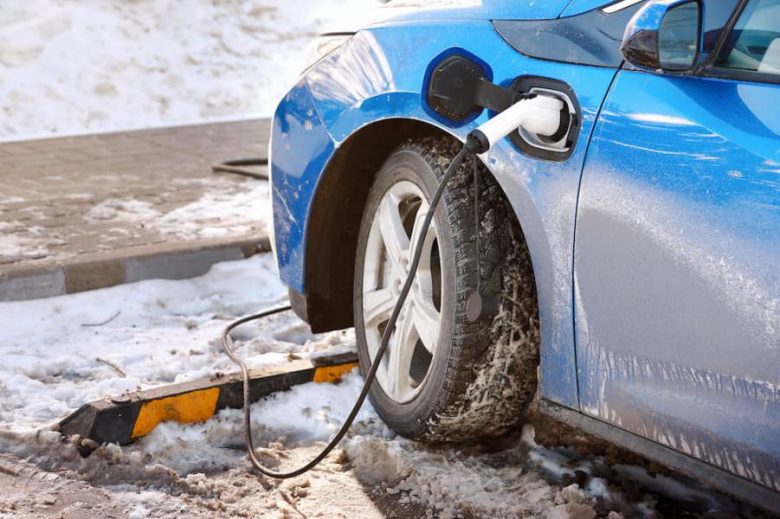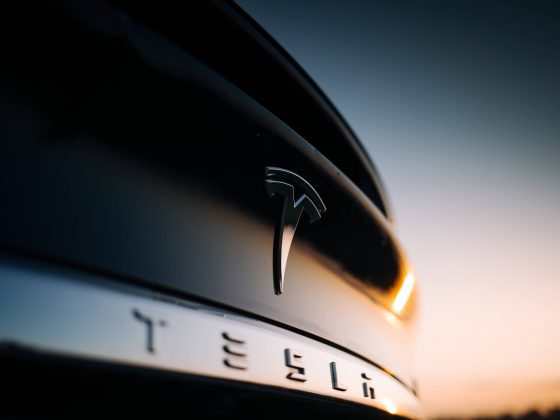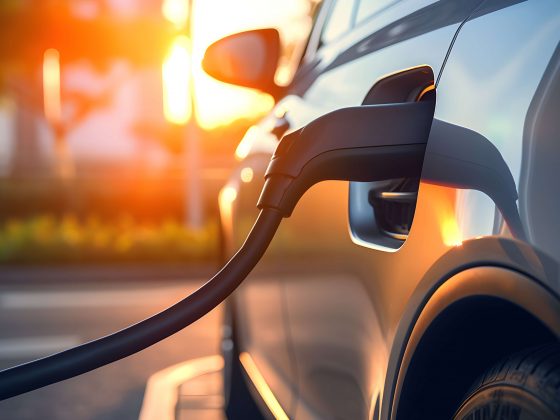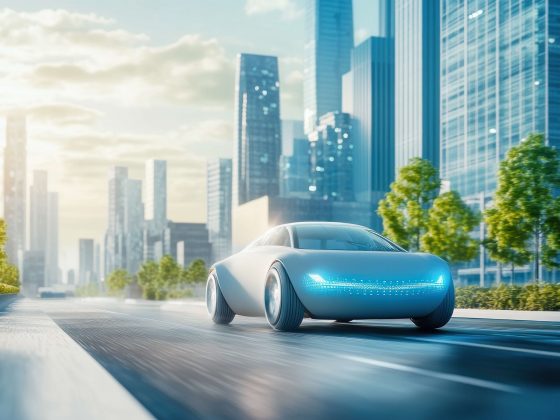A study from Consumer Reports found that 71% of American drivers would like to buy an electric car in the future. This 2020 survey of 3,392 people only confirms what most already know: electric cars are the future and here to stay.
Use eTags© to Quickly Complete Your DMV Service. Renewals, Title Transfers and More, All Online!
On the other hand, the survey also notes that only 30% of participants said they knew much about electric vehicles (EVs). Would the results of this report change if they knew how weather affects EVs? Cold weather and extreme heat make electric vehicles lose a serious chunk of range. You might want to think twice before you buy a new car.
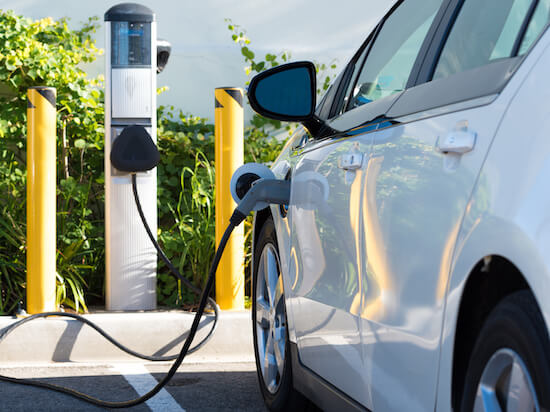
What are EVs?
It helps to know about what an electric vehicle is in the first place to understand how weather can affect its range. EVs are automobiles that are either fully or partially powered by an electric motor. Most of the cars we’re used to seeing on the road have an internal combustion engine powered by gasoline.
In 2020, electric vehicle sales represented only 2.04% of new car sales in America
Unlike gas-powered automobiles, electric vehicles use a giant battery pack to keep the car running. Owners need to charge these just like a cellphone or a laptop. As a result, electric cars are considered more eco-friendly because they don’t use limited fossil fuel to keep the motor running. It comes with issues, though. Think about the last time you left an electronic device out in the cold or heat too long. It probably didn’t go too well.
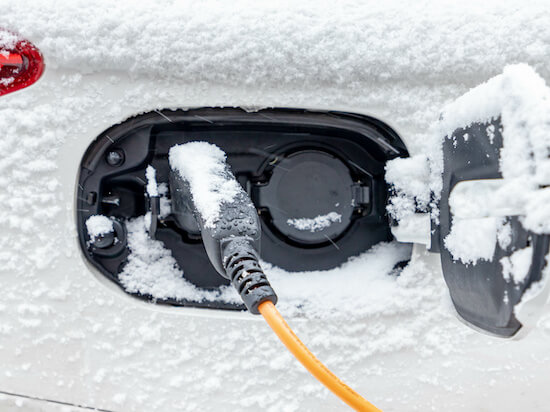
Why does cold weather hurt EV range?
Cold weather decreases an electric car’s range by up to 41%, says a 2019 AAA study. The reason has to do with the engine on these new, eco-friendly autos versus gas-guzzling ones. An internal combustion engine creates its own heat in the process of burning gas to keep a vehicle running—not so with EVs.
Cold and extremely hot weather puts unnecessary strain on the battery and creates unintentional chemical reactions
When the mercury in an EV’s heating, ventilation, and air conditioning (HVAC) system falls under 20°F, it works harder to keep its interior warm. In other words, the source of energy (the battery) runs double time when you use the heat in automobiles like these when the temperature drops. Also, the freezing cold can hurt the chemical reaction inside the battery overall. Combined, these cold-weather complications put a strain on the battery, which cuts down how much time it can spend on the road.
This is a big problem for most Americans as snow hits 48 out of 50 states across the nation. Second-guessing your Tesla? Don’t give up on it yet. You can keep your EV warm in the cold with some preparation.
Always keep your EV charged at least 20% or more to maximize battery life
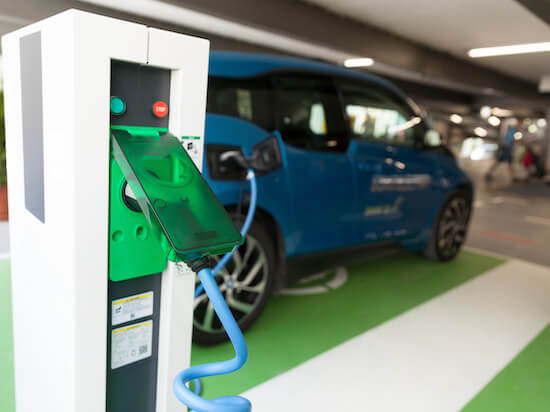
Prep your EV ahead of time to keep it cozy
Pre-heating an automobile powered by electricity before you take it out in the cold can prevent the battery drain. Warming up the car while it’s plugged in can keep you warm and the battery warm too. If you can keep your ride in a heated garage or a temperate area, that will prolong battery life when you hit the road and in general.
Getting stuck in your car in the middle of a snowstorm isn’t pleasant. To avoid this, always keep your EV’s battery charged at least 20% or more. Though, if it’s running low, keep the heat on low and don’t drive too quickly. The same AAA study we mentioned before found that keeping the heat off in cold conditions only lost 12% more range than usual.
eTags registers and titles EVs across seven states, including CA, FL, NY, and OH
How does extreme heat impact electronic vehicles
Has your phone ever overheated after leaving it out in the sun too long? Maybe it warned you and wouldn’t let you use it normally until it cooled down. EVs are quite similar. They function best in 70°F – 80°F. Unpleasant chemical reactions happen within the battery when it gets too hot outside.

Extreme heat won’t affect their range as much as extreme cold. However, the hotter it gets, the more strain it puts on the battery. Driving around in 95°F weather with the air conditioning on reduced electric car range by up to 17%, AAA writes. Those with this type of vehicle living in the West (like California) should consider this, especially since temperatures hit 100°F or more by 8 A.M. in June 2021. That doesn’t mean you can’t or shouldn’t own a car if you live in that area.
SEE ALSO: HYBRID CARS GAINING POPULARITY
EVs function best in 70°F – 80°F weather
You can still keep your EV even in places with extreme heat
Most cars like these have a pre-cool setting. Keep your vehicle plugged in and cool it down first, preferably in an area that isn’t too hot. Also, storing it in a temperate place can help you get the most out of the battery life. If that’s not an option, use window shades to keep the cold in and the sun out. A little preparation can keep the battery going a long way!
